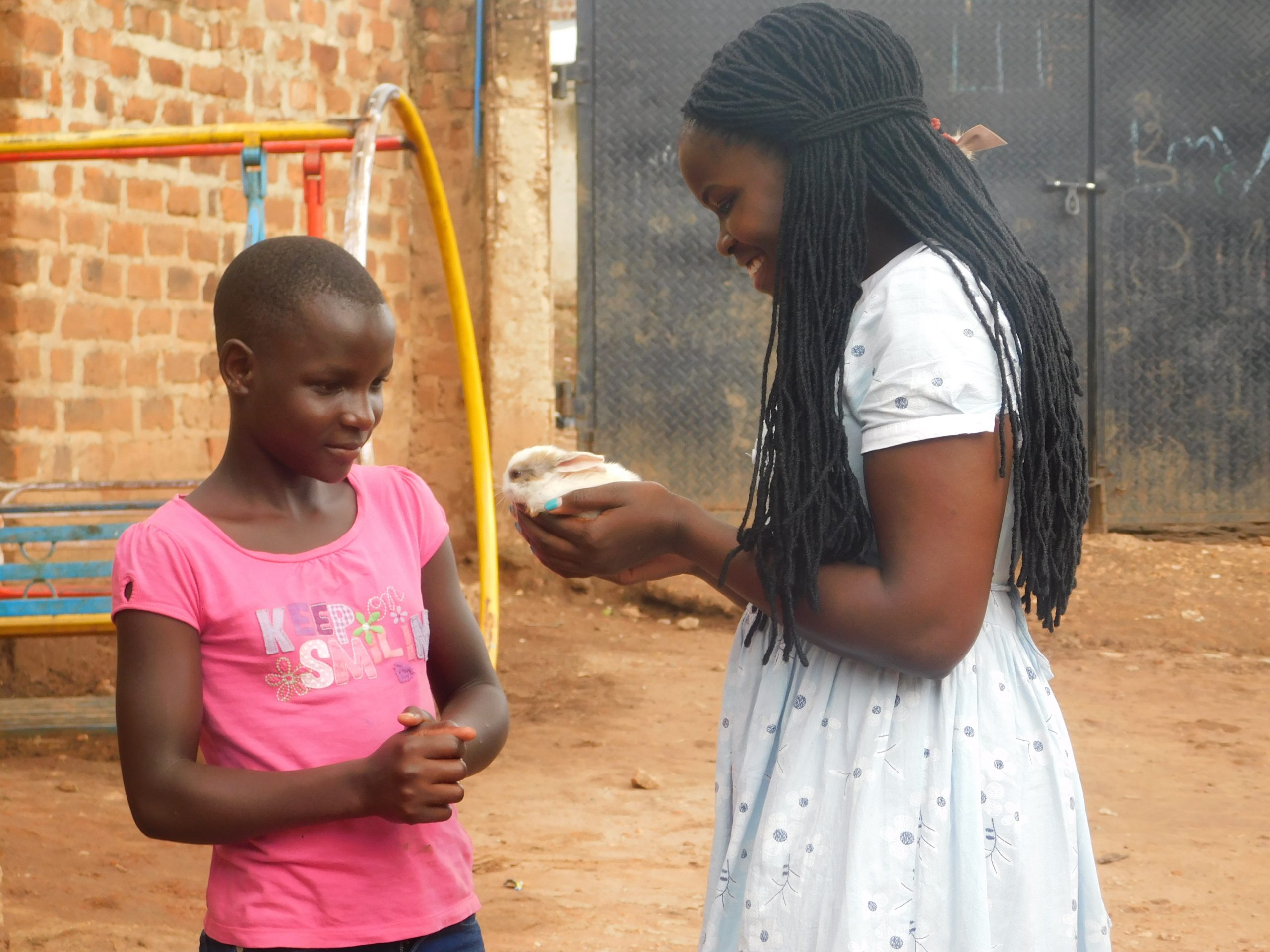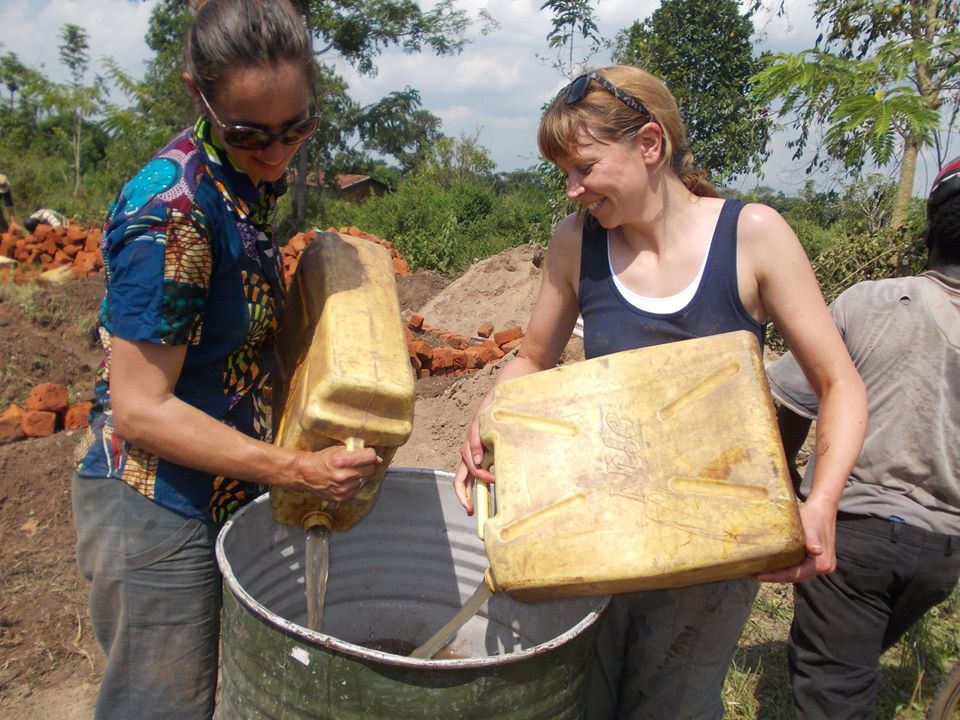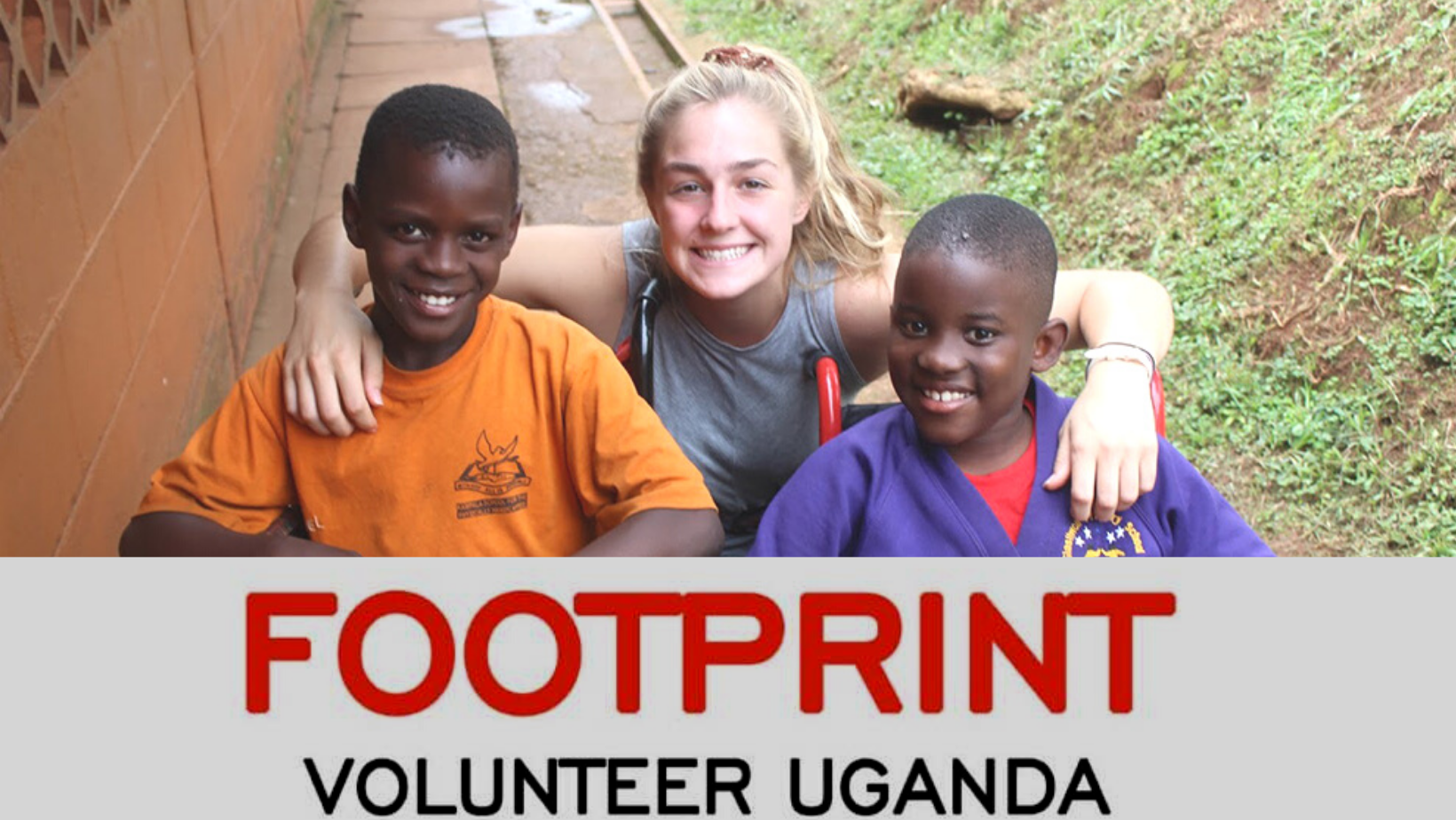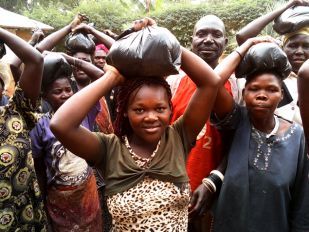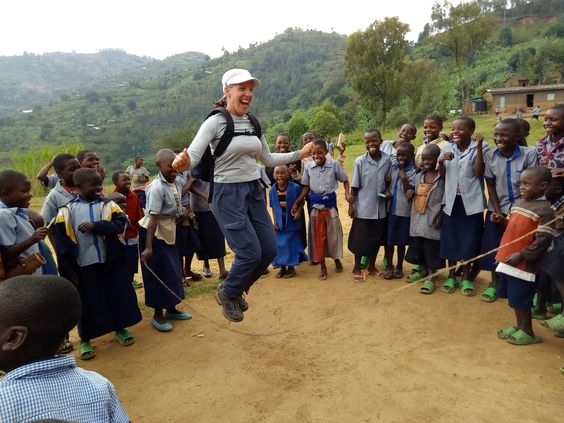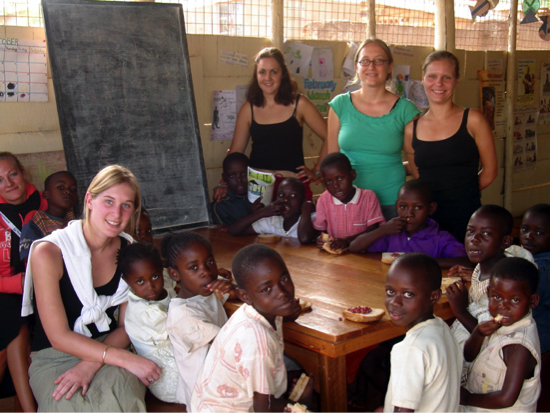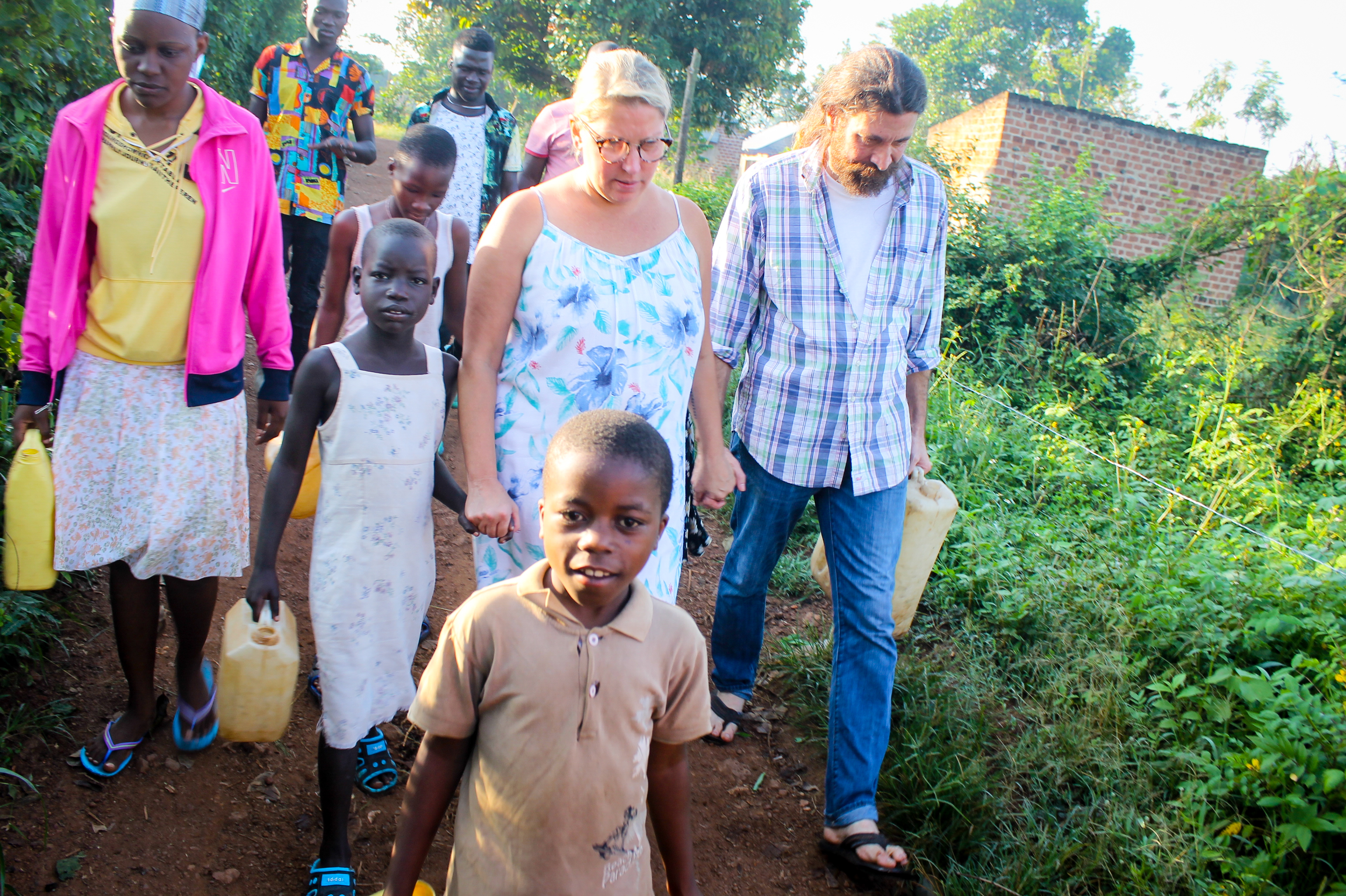Did you know that we, as a society, value volunteers so much that we even put a monetary value on their time? Our volunteer work may be more valuable than our regular work!
The Independent Sector is an organization that gathers tons of statistics about charitable activities, places, and the Estimated National Value of Each Volunteer Hour every year. That value stands, as of 2019, at $27.20 an hour. The actual amount varies from state to state, but we can see that volunteers are precious people.
But money means nothing to volunteers. They do it for many other reasons, but primarily to help other people or animals. Nevertheless, there are many side effects of volunteering that make it even more worthwhile.
Most of us want to help those less fortunate than ourselves. We do not volunteer, for the most part, because it benefits us. We volunteer because it makes a difference.
But, there are even more benefits to volunteering. We notice a subtle shift in ourselves when we volunteer. Volunteers feel more connected to others, and we become less absorbed in the normal stresses of daily life. We share our experiences with others and want to help more.
Here are eleven proven benefits of volunteering. Maybe one of them will convince you to get off the couch and out the door to engage with your community.
Benefits to Volunteering.
- Volunteering Builds Community. You strengthen your community and your social network when you volunteer. You make connections with the people you are helping, and you cultivate
- Increases Socializing
Socially, the benefits of volunteering show up quickly and have long-term effects. Social interaction improves mental and physical health. The benefits of consistent socializing include better brain function and a lower risk for depression and anxiety. You also improve your immune system.
- Builds Bonds, Creates Friends
Volunteering creates stronger bonds between friends, family, and coworkers. People build closer relationships, better connections, and more powerful attachments to people when they work together. If you feel the need for deeper connections with other people, try volunteering. You might live longer and be happier.
- Develops Emotional Stability
Depression, Post-Traumatic Stress Disorder, low self-esteem, and even Obsessive Compulsive Disorder have all been helped by volunteering. When people with OCD, PTSD, or anger management issues volunteer, they feel more connected to others. They have an increased sense of purpose. Connection and meaning translate to decreased symptoms and improved social function.
-
Improves Self-Esteem
When teens or young adults volunteer, they develop self-esteem, confidence, and feelings of self-worth. Imagine the benefits of volunteering today, where both girls and boys struggle with self-esteem issues. Consider the advantages of volunteering for teens and young adults with eating disorders, social anxiety, and depression. Volunteering could be life-changing (and life-saving).
- Promotes Longevity
While everyone benefits from a little boost in physical health, long-term volunteers have longer lives, less disease, and better overall health. One report says that people who volunteer over 100 hours a year are some of the healthiest people in the U.S.
- Reduces Risk of Alzheimer’s
Alzheimer’s disease has become a frightening possibility for millions of individuals in the U.S. and globally. However, some research has shown that people who volunteer may be at a lower risk of dementia.
Studies from the Journal of Gerontology indicate that social service improves elasticity in the brain. As volunteers age, they may be able to maintain the connections in their brains that often break down in Alzheimer’s patients. Any social interaction can help delay or prevent Alzheimer’s, and volunteering can be a fantastic way to do that.
-
Leads to Graceful Aging
Older volunteers benefit the most from getting out of the house, engaging with others, and moving physically. Purpose and collaboration result in mental health improvements and a better outlook on life.
Studies indicate that senior volunteers experience the most physical benefit from their service, possibly because being active and engaged leads to more happiness.
Older people who volunteer often feel younger and chronically ill people may have fewer symptoms and pain. Some research has even found that volunteers may have less heart disease.
- Burns That Stubborn Belly Fat
With more people in traditional desk jobs, we live a more sedentary lifestyle than ever before. The risks associated with the less daily movement include back pain, disease, obesity, and more stress and mental illness. When we volunteer, even if it is not a physically demanding project, we still get up and get moving.
Walking around a shelter or food bank, playing with kids at the local YMCA, or visiting with elderly patients at a neighborhood nursing home all require that you do more than sitting at a desk or on a couch. You could even choose to volunteer for causes or programs that make you more active, such as youth sports programs or national parks.
Volunteers live longer and are more likely to take care of themselves in general, including getting vaccinations and keeping their weight under control. Volunteering at something that requires physical energy may be more motivating than just walking around the block.

